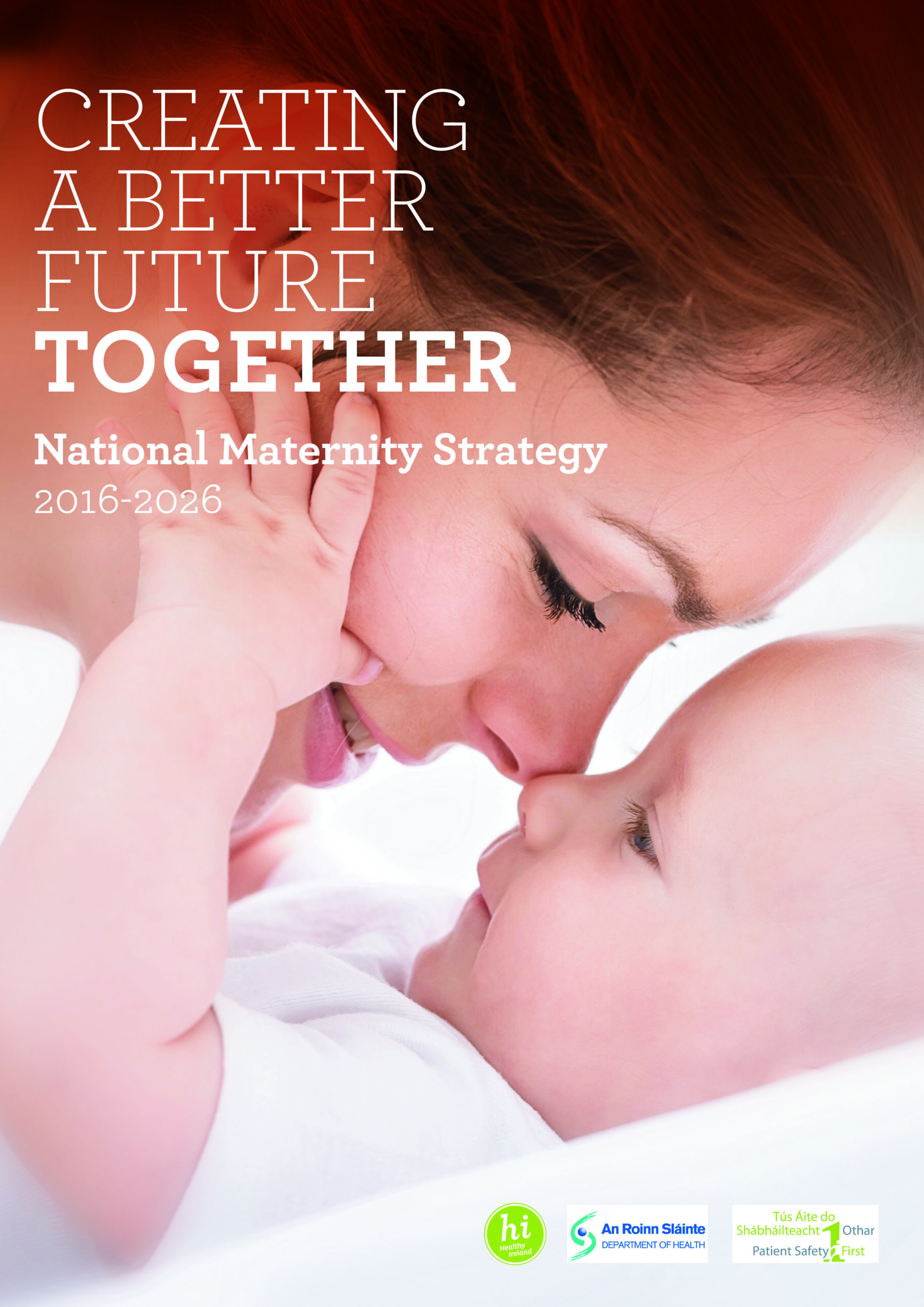Plans to reform services in neonatal encephalopathy have been set back by at least four months because of the Covid-19 pandemic, the Medical Independent (MI) can report.
An update on the implementation of the national maternity strategy was provided at a meeting of the HSE safety and quality committee on 15 September 2020, the minutes of which were seen by MI.
Prof Peter McKenna, National Clinical Director of the HSE National Women and Infants Health Programme, told the meeting that five work streams
in relation to the national neonatal encephalopathy action group were currently underway. Neonatal encephalopathy is a syndrome that can occur in newborn babies in which neurological function is disturbed.
“[Prof McKenna] noted that realistically, they have been set back four months as a result of Covid-19 and it is difficult to know how things will progress now and how some of this time could be made up,” according to the minutes.
The committee agreed that an update should be provided on the work of this group at a meeting in early 2021. MI was awaiting HSE comment at press time. In relation to the overall maternity strategy, National Director with the Programme Mr Killian McGrane advised the committee that funding “remains a key issue”.
“Progress has also been stalled in this area as a result of staff redeployment,” according to the minutes. Director of Midwifery with the Programme, Ms Angela Dunne, spoke to the committee about the national maternity experience survey, which was the first survey of its kind in Ireland.
According to Ms Dunne, a 50 per cent response rate was received, which was noted as “positive considering the impact of Covid-19”.
“Each maternity unit are currently reviewing the results, identifying their key areas and building individual quality improvement plans,” according to the minutes.
“In response to queries from the committee, she advised that this survey will be undertaken every two years, which will allow time to implement changes identified as necessary.”
The result of the survey, which were published in October 2020, showed 85 per cent of participants had either a ‘good’ or a ‘very good’ experience of maternity care in Ireland.
The period shortly after birth was highlighted as an area requiring improvement. Some women said they were not involved as much as they wanted to be in decisions about their care after birth, and commented that staff were often too busy to help them or answer their questions.













Leave a Reply
You must be logged in to post a comment.